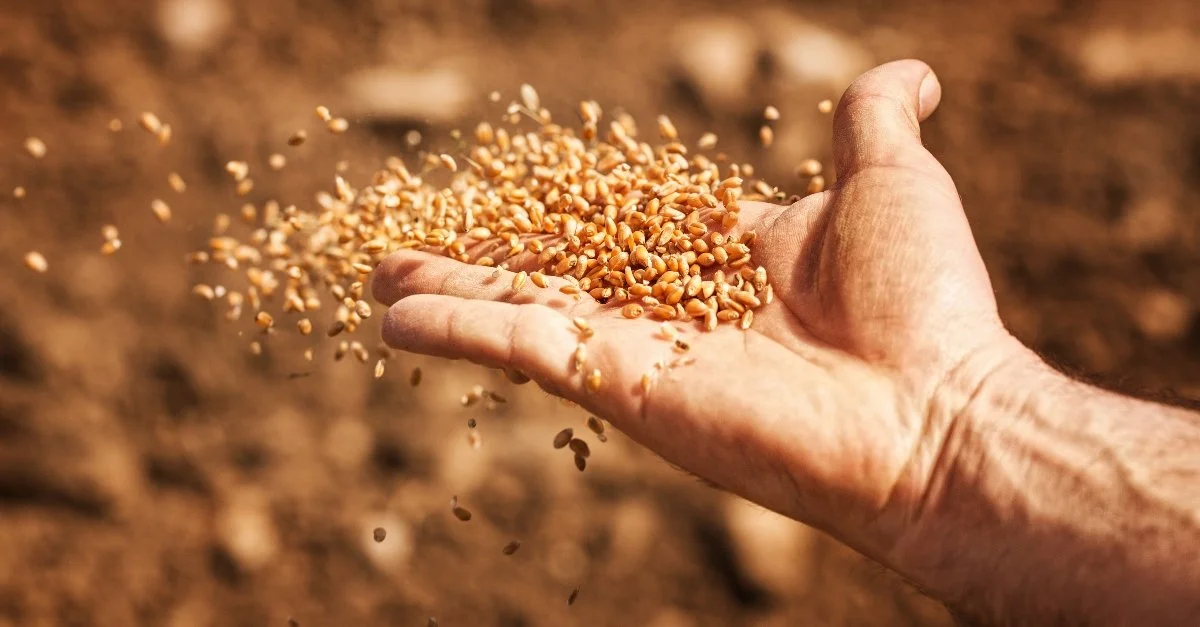(Apologies for the poor sound quality for the first ~10-15 minutes of the sermon )
Christmas Eve Service
(Unfortunately, our Christmas Day Service wasn’t recorded)
Love (1 John 4:7-12)
Colossians 3:1-17
Ecclesiastes 9:1-12
Pastor Josh continues his series through Ecclesiastes:
“At first brush, Ecclesiastes can come off pretty pessimistic, and the beginning of chapter 9 is among the most pessimistic messages of the entire book: Death comes to all. It doesn’t matter if you act righteously or religiously, it will not save you from death, which, in the cynical tone of Ecclesiastes, “is a fate worse than life…But for all its cynical realism, Ecclesiastes does not counsel despondency, but demands joy!”
Mark 4:1-20
“Do you know what the word prodigal means? In modern English we only hear that word in one place…And that’s unfortunate, because the word prodigal doesn’t mean rebellious or wayward. In fact, prodigal means lavish, generous, bountiful, even irresponsible. The prodigal son lavishly scattered his father’s money like the sower sows the seed. So here we meet the prodigal sower…
If you look at this as the parable of the sower, where’s your focus gonna lie?…Sowers are important…critical… we are to be sowers of the word - but it’s not the sower that makes the difference. It's the seed.”
Biblical Eldership
Ecclesiastes 8:1-17
Pastor Josh continues his series through Ecclesiastes:
“Where every other book of the Bible emphasizes God’s potent sovereignty, which is good news for those who love him, Ecclesiastes pairs that emphasis with an unflinching look at human inability…In the final assessment, the author commends that we should live in joy: We should fear God and keep his commandments, and eat, drink, and be joyful in the few days God has given us to live, because lasting gain does not rely on our ability to scrabble it together by excessive striving, even striving for wisdom.”
Ecclesiastes 7:15-29
Pastor Josh continues his series through Ecclesiastes this Sunday:
“Wisdom is a good thing, especially when contrasted with folly, but Ecclesiastes has been insistent that human wisdom and understanding are limited, and are therefore insufficient to produce a lasting profit, thus the final assessment that it is all hevel (vanity, mist, temporal and fleeting)…While Ecclesiastes keeps acknowledging that certain ways of behaving are better and wiser, and generally lead towards goodness and life rather than death, its purpose here is to teach us enough wisdom to know that ‘wisdom is not magic.’”
Ecclesiastes 6:10-7:14
Pastor Josh continues his series through Ecclesiastes:
“So when is the day of death better than the day of birth? When is mourning better than feasting and sorrow better than laughter? When the living see that death is the end of all mankind, and lay it to heart. Psalm 90:12 asks God: ‘...teach us to number our days that we may get a heart of wisdom.’ The author is not depressed or suicidal. He is not recommending that we love death more than life or dress like goths and be obsessed with funerals. He is saying that there is a certain context in which these things are better. In this limited context, “Sorrow is better than laughter, for by sadness of face the heart is made glad”! Part of the wisdom required to enjoy the good life is to recognize the reality of death and live accordingly…Humans cannot determine what is good for them. We would never pray and ask God to give us sorrow instead of laughter. We don’t know when, by sadness, our hearts will be made glad. The wisdom taught here is not that bad things are good things, but that we can’t even know. Human wisdom, though good, has severe limitations.”



